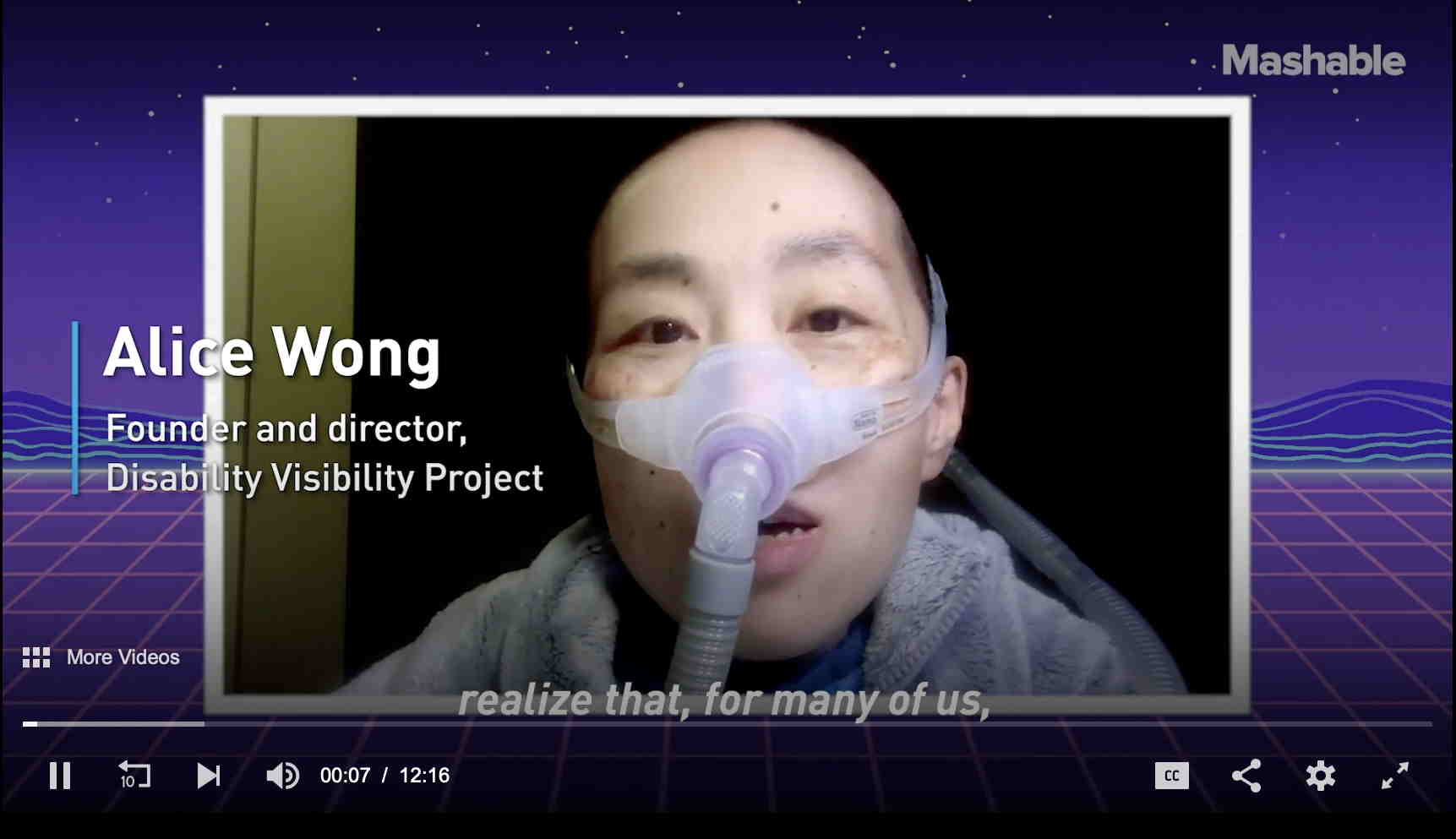How to create a more inclusive future post-COVID
By Alice Wong,
Mashable
| 03. 03. 2021
There are two major lessons to be learned from the COVID-19 pandemic, according to Alice Wong, founder and director of the Disability Visibility project. First, we must stop striving for a return to some form of pre-COVID 'normality', because really, it wasn't that great for everyone. Instead, it left so many people out of the conversation about how to solve the crisis — marginalized people, scientists, people with disabilities.
The second lesson is that we now have a chance to rethink the world, to re-envision the future and this time, we, as a global community, can't afford to turn anyone away.
Related Articles
By Emma McDonald Kennedy
| 11.24.2024
Gig work in childcare, nursing, and transportation; non-invasive prenatal testing; gene editing; and space expeditions can all be attributed to one mistaken, pervasive assumption: that “we can innovate our way out of the thorniest problems, including reproductive ones” (22). In Reproductive Labor and Innovation: Against the Tech Fix in an Era of Hype, feminist political theorist Jennifer Denbow demonstrates why the U.S. has put so much of its hopes, and its money, on technological “innovations”––and why that hasn’t addressed...
By Arwa Mahdawi, The Guardian | 11.19.2024
Photo "Elon Musk Presenting Tesla's Fully Autonomous Future" by Steve Jurvetson on Flickr (CC BY-NC-SA 2.0)
Is Elon Musk the dinner party guest from hell? It sure seems that way. Not only is the man desperate for people to...
By Jantina de Vries, EthicsLab | 11.15.2024
The conversation around human heritable genome editing (HHGE) in South Africa is marked by controversy and conflicting interpretations of the law. At the center of this debate lies a team of lawyers based at a South African university, who have...
By Zeenat Beebeejaun, PET | 10.28.2024
Building on the 2016 BBC Panorama documentary 'Inside Britain's Fertility Business', which exposed the use of controversial fertility treatment add-ons in private fertility clinics (see BioNews 880), Manuela Perrotta's book, Biomedical Innovation in Fertility Care, unveils regulatory inadequacies...




